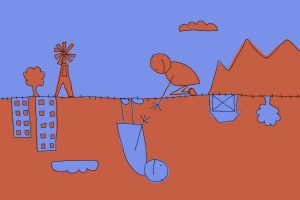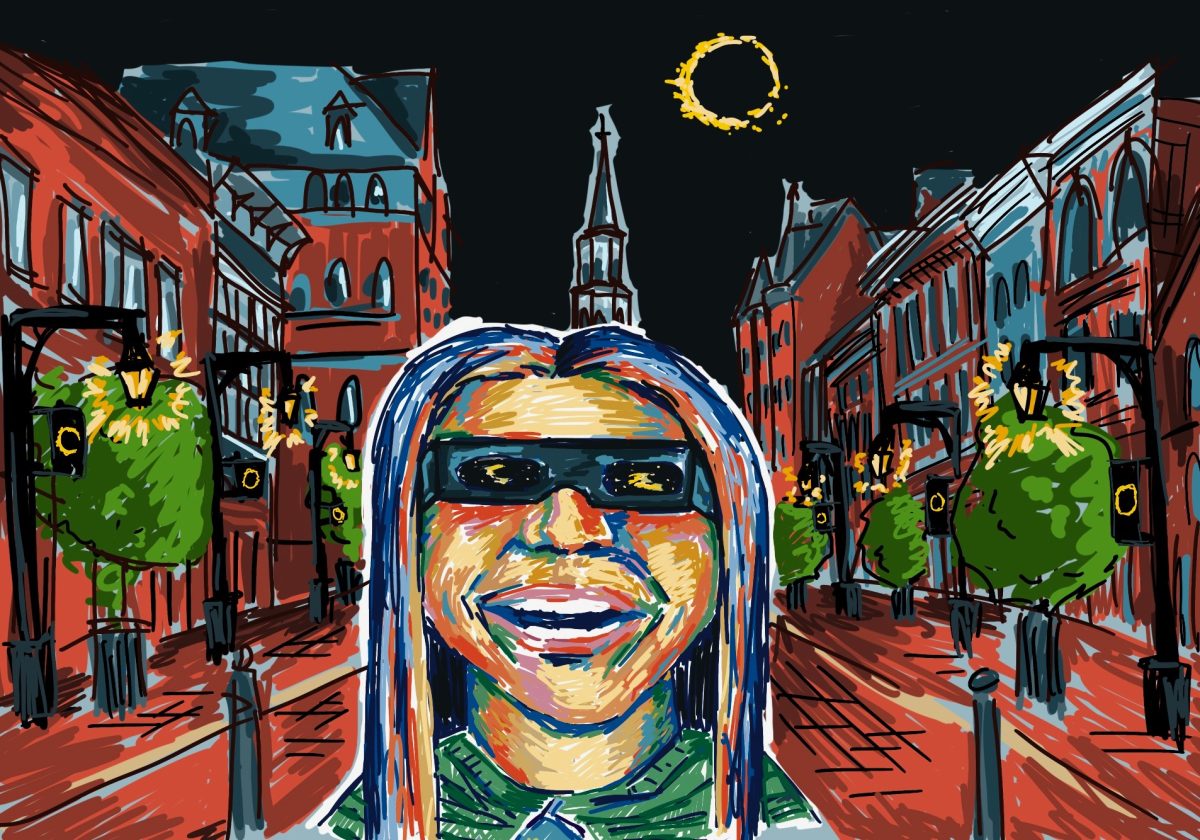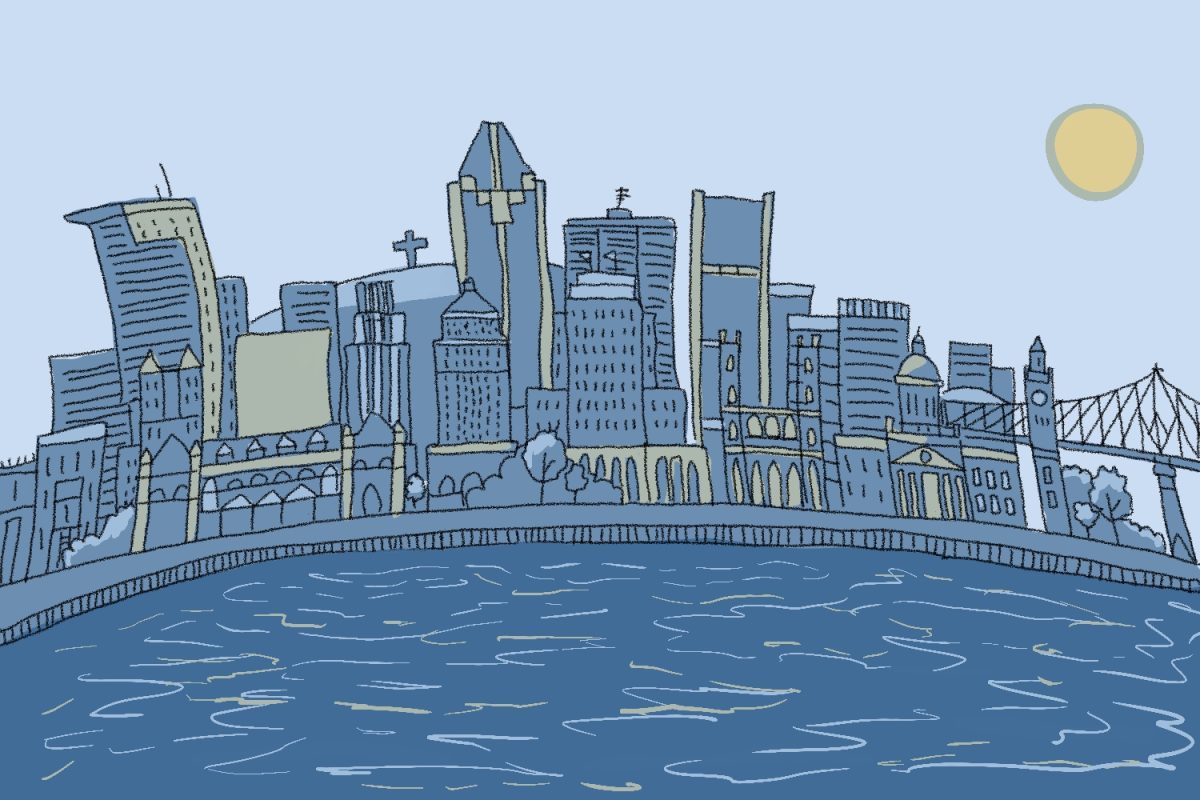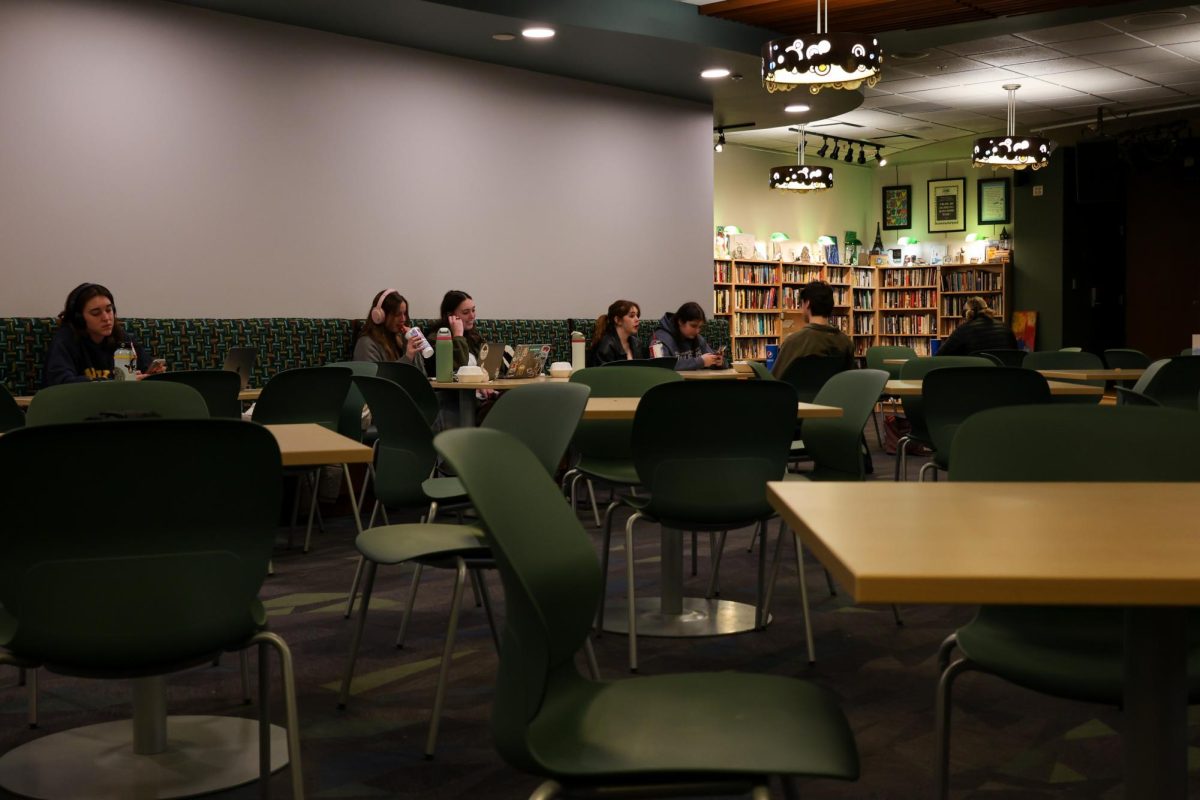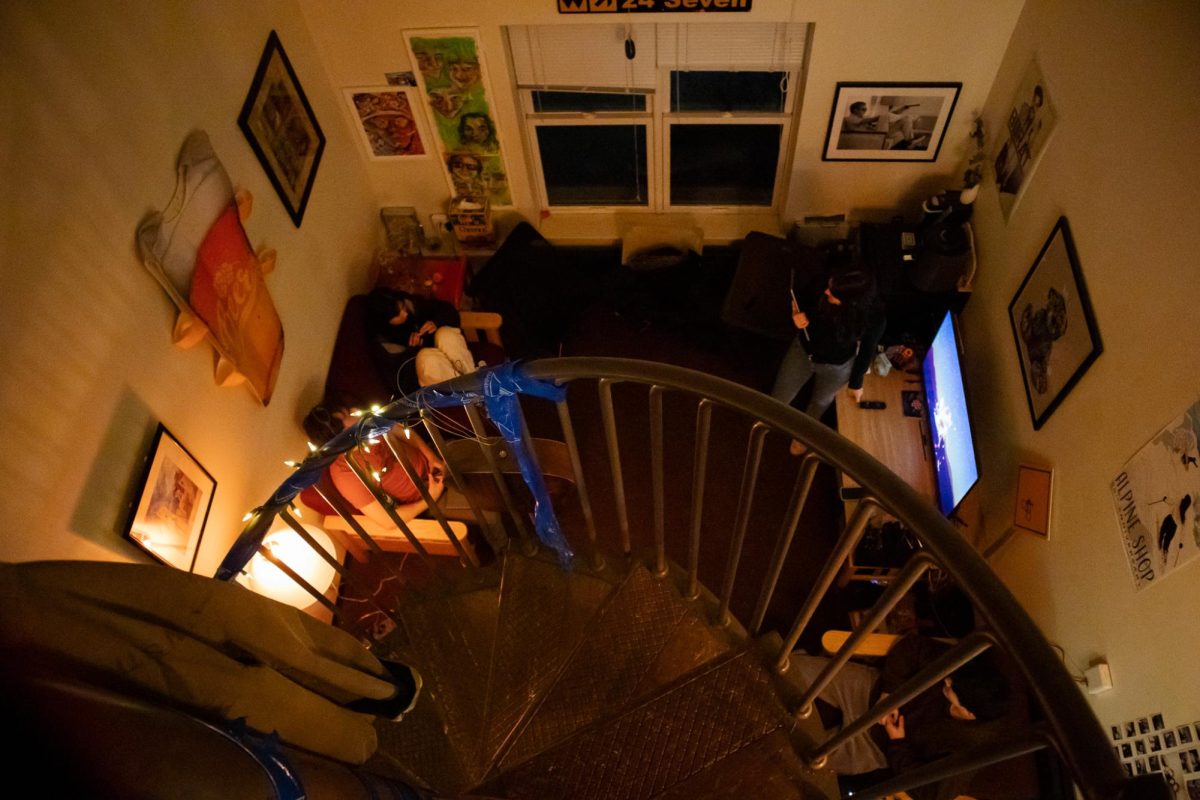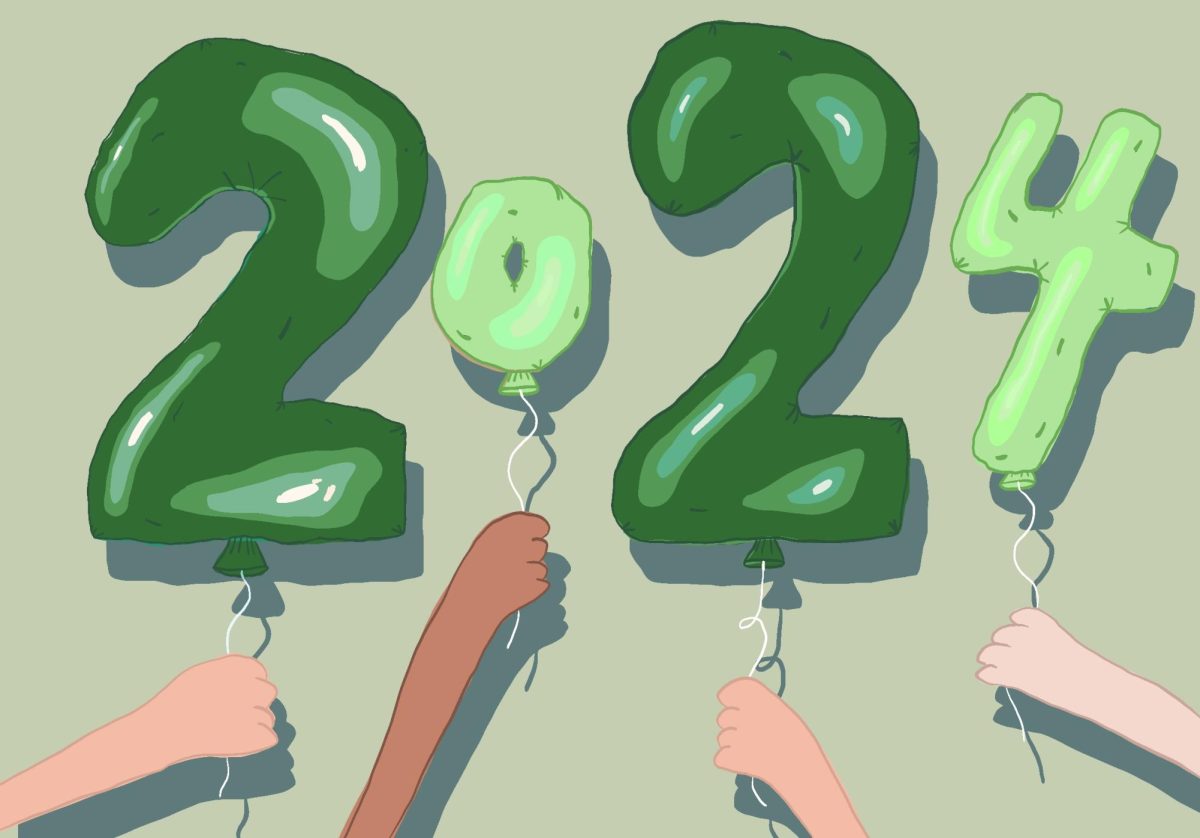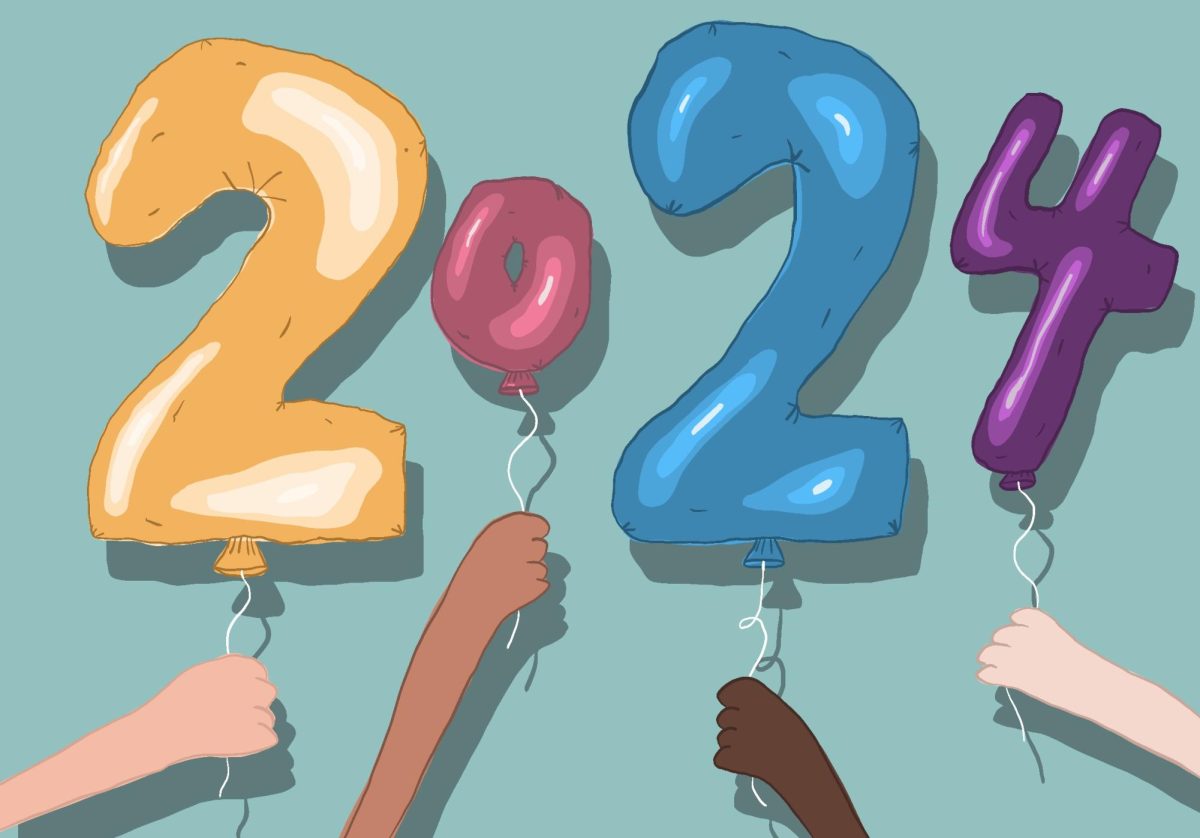This article will debunk myths surrounding the caffeine content in commonly consumed beverages.Find out which caffeinated drinks will keep you awake for an all-nighter and which ones only pack a tiny punch.Myth: Red Bull has way more caffeine than coffee does.Fact: According to the Mayo Clinic, a cup (8 oz.) of generic brewed coffee can range anywhere from 95-200 mg of caffeine, depending on who is making it.An 8.4 oz. Red Bull, a standard single can, contains only 76-80 mg of caffeine.Myth: A shot of espresso is more caffeinated than a cup of coffee.Fact: According to Coffee.org, a single espresso shot (1 oz.) has about one-third the caffeine that a cup of coffee does. The Mayo Clinic echoes this message, stating that a single shot of espresso has 40-75 mg of caffeine.So, although a shot of espresso is much more concentrated than a cup of coffee, you would have to drink around three shots of espresso to consume the equivalent amount of caffeine you would drink in a cup of coffee.Myth: A cup of tea has more caffeine than a cup of coffee.Fact: Tea does not contain nearly as much caffeine as coffee. A cup of coffee contains anywhere from 95-200 mg of caffeine, while a cup of black tea contains only 14-61 mg and green tea just 24-40 mg. Of course, caffeine content will vary depending on the amount of coffee grounds or tea leaves used and the length of brewing time.Myth: A dark roast coffee is more caffeinated than a light roast.Fact: This one is a little more complicated and of all the caffeine myths it is probably the most legitimate.As you roast coffee beans longer, they become darker. They also increase in size, while at the same time losing weight due to water loss.Thus, once you level off a scoop of dark roast coffee which is what most of us do you would end up with a less caffeinated cup of coffee than if you were to use a light roast.Therefore, the only way a dark roast cup of coffee would be more caffeinated than its light roast counterpart would be if you were to measure out the coffee grounds by weight before brewing.You can nd this information and more at WeeklyRoast.com.





